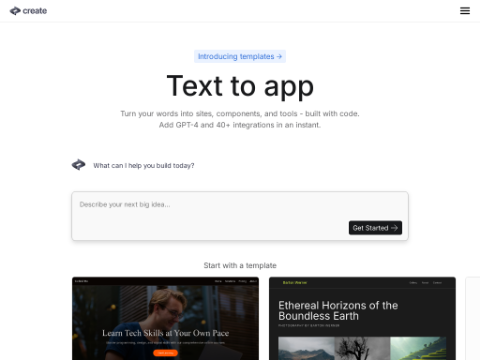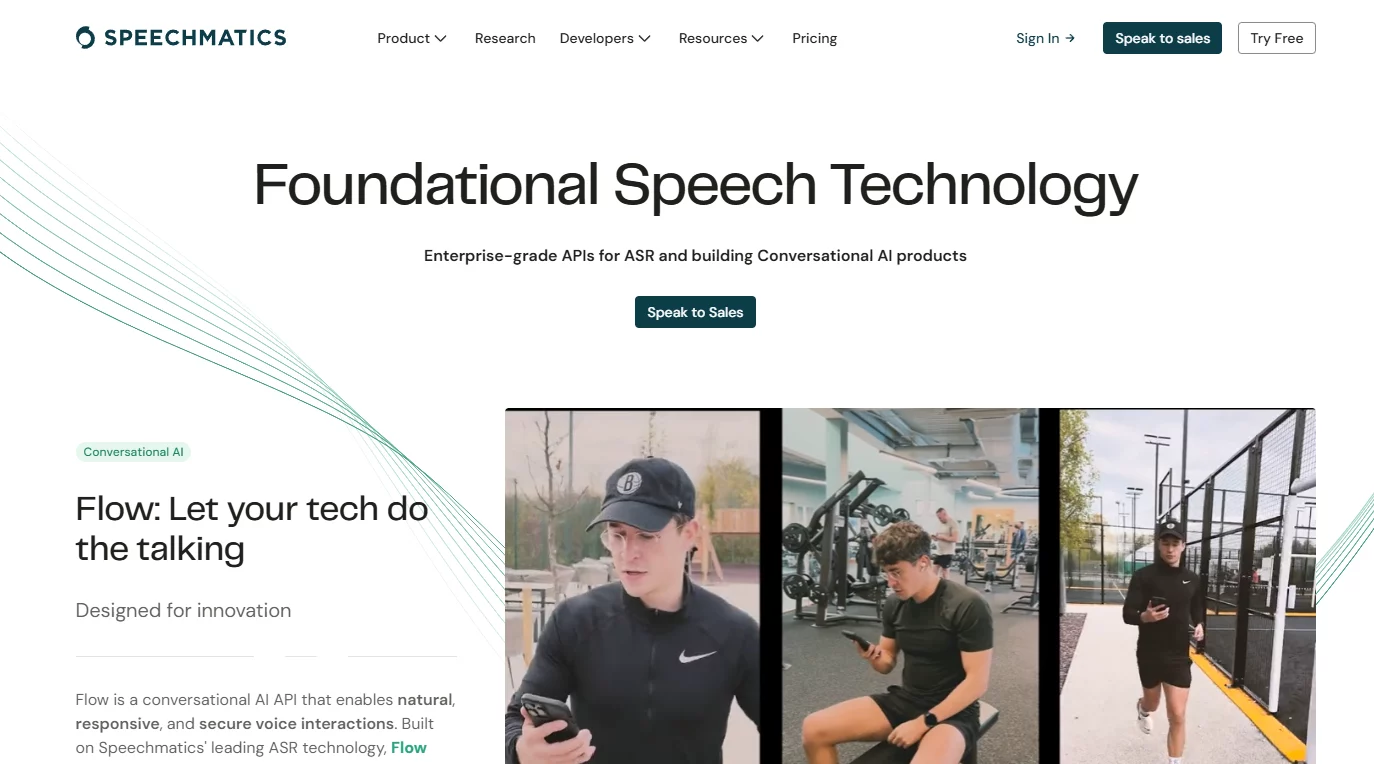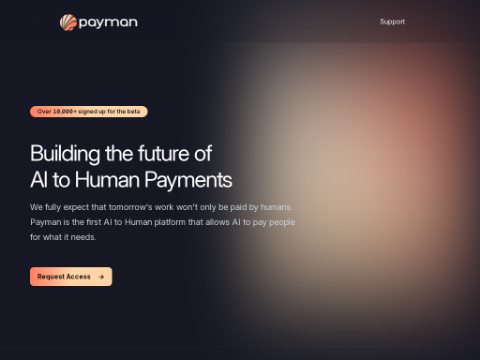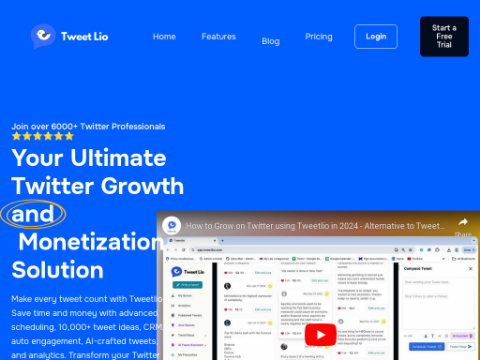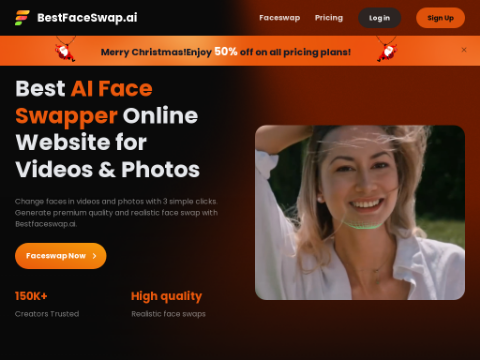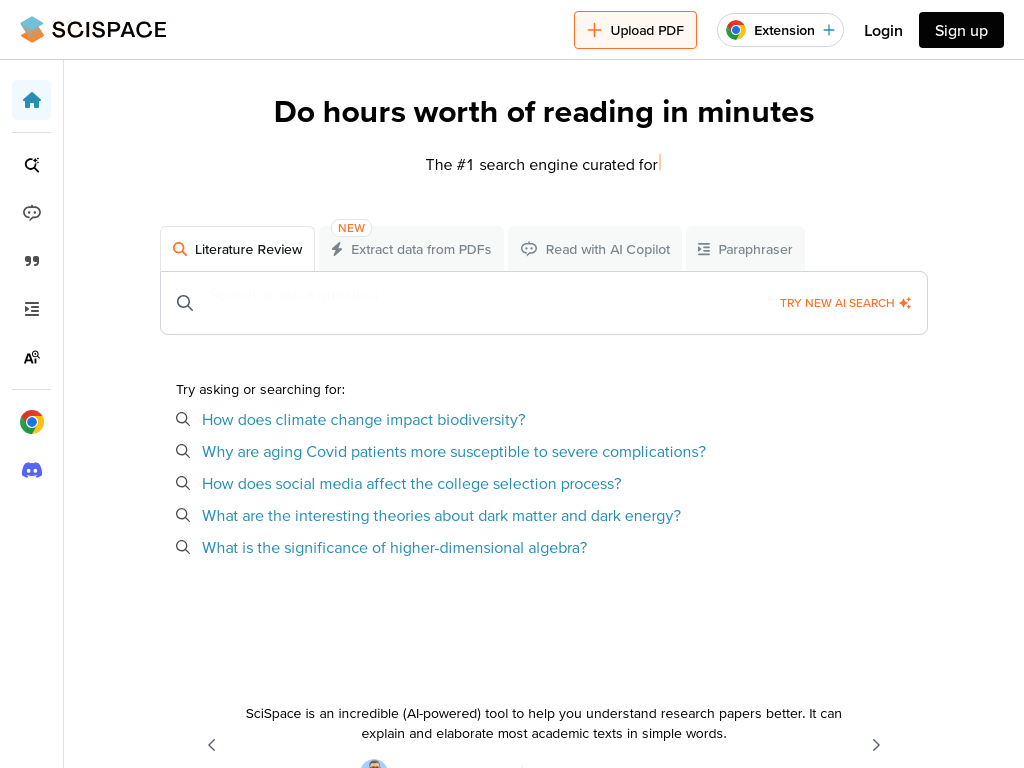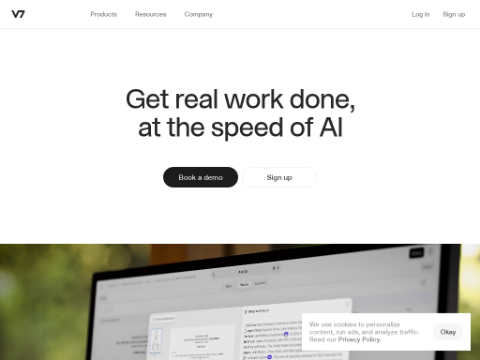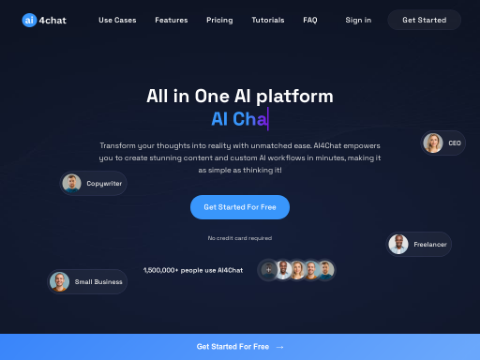With the widespread adoption of generative AI technologies, there has been a surge in fake content online. Data from the identity verification platform Sumsub indicates that global deepfake instances have quadrupled from 2023 to 2024. In 2024, deepfakes accounted for 7% of all fraudulent activities, including impersonation, account takeovers, and sophisticated social engineering attacks.
To tackle this issue, tech giant Meta recently introduced a tool called "Meta Video Seal," designed to embed subtle watermarks into AI-generated video clips. Announced on Thursday and available as open-source, the tool is intended for integration into existing software platforms. Additionally, Meta has relaunched its other watermarking tool, "Watermark Anything," and unveiled a new audio watermarking tool named "Audio Seal."
Meta Video Seal aims to deliver a more efficient video watermarking solution, particularly for identifying AI-generated videos and safeguarding originality. According to Meta's AI research scientists, existing video watermarking tools in the market, such as DeepMind's SynthID and Microsoft's video watermarking methods, fall short in handling video compression, large-scale operational efficiency, openness, and reproducibility. Moreover, many are adaptations of image watermarking technologies, which are not ideally suited for video applications.
Beyond watermarking, Meta Video Seal can embed concealed information within videos for subsequent source tracking. Meta claims the tool is resistant to common editing operations like blurring and cropping, as well as popular compression algorithms. However, the tool does have limitations, notably in balancing the visibility of the watermark with its resistance to tampering. Intense compression and substantial edits may alter or render the watermark unrecoverable.
Furthermore, promoting Meta Video Seal poses challenges since developers and industries may lack sufficient incentives to adopt the tool, especially institutions already utilizing proprietary solutions. To address this, Meta is launching a public leaderboard named "Meta Omni Seal Bench" to compare the performance of various watermarking methods and plans to host a watermarking technology workshop at this year's International Conference on Learning Representations (ICLR).
Meta expressed hope that a growing number of AI researchers and developers will incorporate some form of watermarking technology in their work and collaborate with industry and academia to accelerate advancements in this field.

